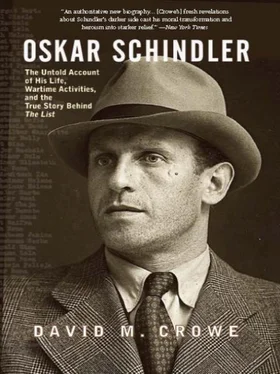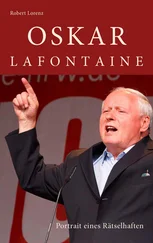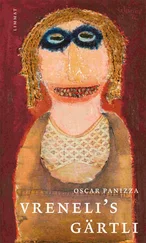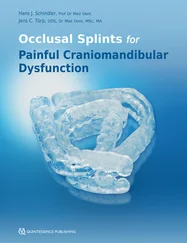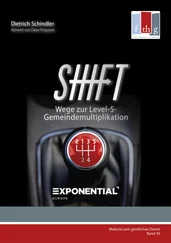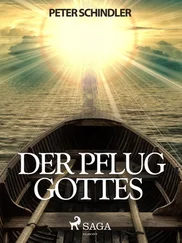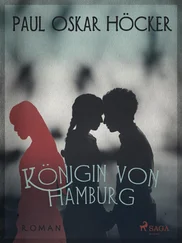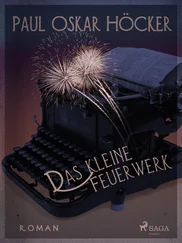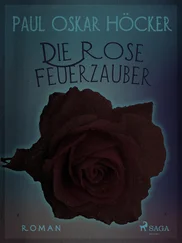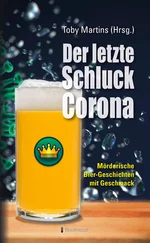The Gypsy frightened Emilie, who ran out of the granary and into her mother’s arms. When her mother asked her what was wrong, Emilie refused to tell her. Emilie said that she kept the incident a secret until 1949. She told Oskar of the Gypsy’s predictions as they sailed to Argentina in 1949. Oskar hugged her and said, “You can no longer believe in these things and go on torturing yourself. If you have not been happy up to now, I will see to it that you are in the future. You can be sure that I love you.” 11Sad to say, Oskar failed to keep his promise.
Oskar met Emilie during a business trip to Josef Pelzl’s farm in the fall of 1927. Oskar, who had been working for his father for three years, accompanied him to try to sell Emilie’s father a new electric generator for their house. While Hans talked endlessly about the advantages of electricity in the Pelzl home, Oskar, whom Emilie described as slender with “broad shoulders, blond hair, and deep blue eyes,” seemed bored. On the other hand, according to Emilie, Oskar could not take his eyes off of her. She thought his flirtations were a bit ridiculous, though Oskar’s “particularly dignified stance” impressed her. After several trips to the Pelzl farm, Oskar finally charmed his way into Emilie’s heart. His mother and sister visited Emilie’s family as the relationship became more serious. Finally, Oskar asked to see Josef, Marie, and Emilie together to ask for Emilie’s hand in marriage. He told them that he wanted to unite his life to Emilie’s, so that “we can build a future together.” Emilie’s life at home was becoming difficult because of family illness, and she found Oskar’s charm and looks irresistible. Yet she told a German reporter in 1994 that her father had warned her about Oskar’s false charm. Regardless, she accepted his marriage proposal. 12
The wedding took place in Svitavy on March 6, 1928. Afterwards, Oskar and Emilie moved in with Oskar’s parents on Iglauerstrasse 24. The newlyweds occupied the upstairs of the house; Oskar’s family lived downstairs. Emilie had few happy memories of life in the Schindler home. Hans was a crude, uneducated, abusive drunk. Fanny, whom Oskar adored, was “elegant and pleasant,” though almost totally bedridden. Oskar’s young teenage sister, Elfriede, who was unattractive and homely, was starved for attention; she grew close to Emilie, who tried to give Elfriede what little attention she could, though Emilie felt overburdened by the responsibilities of taking care of the Schindler household as well as her own family in Staré Moletín. Oskar was little help because he traveled frequently on business. 13
Yet it was not business or a new wife that most interested Oskar in 1928; it was motorcycle racing. Oskar always had an interest in fast automobiles and motorcycles. By 1926, he had already gained quite a reputation as a reckless speedster on his red Italian Galloni 500 cc motorcycle with sidecar. According to one of his old friends, Erwin Tragatsch, it was the only motorcycle of this type in the Czechoslovak Republic. As Oskar became more interested in motorcycle racing, he began to look for a faster machine. In 1928, he bought a 250 cm Königsswellen Moto-Guzzi, a racing motorcycle reputed to be one of the fastest in Europe. Presumably, Hans bought both motorcycles for Oskar. 14
Oskar entered his first race in May 1928. The course began in Brno and finished in the town of Soběšice just north of Brno. Though Tragatsch referred to the event as a “mountain race,” the course was more hilly than mountainous. Oskar, riding his red Moto-Guzzi, finished third in his first race. His third-place victory so thrilled Oskar that he soon entered another race at the Alvater course, on the German border. Oskar competed with nine other racers in his motorcycle class. This time, though, two other racers also drove Moto-Guzzis. During most of the race, Oskar remained in fifth place. He moved into fourth place when one of his competitors on a Moto-Guzzi dropped out. He took third place when Kurt Henkelmann, a seasoned racer on a Werks-DKW, ran out of gas. As Henkelmann pushed his motorcycle towards the finish line, Oskar passed him, thinking he was in third place. For some unknown reason, Oskar stopped just before the finish line, much to the dismay of the crowd, which shouted for him to cross over it. While he was mistaking their shouts for applause, Henkelmann pushed his motorcycle over the finish line to take third place. According to Tragatsch, this was Schindler’s last race. Supposedly, he gave up motorcycle racing because he could no longer afford it. 15
Soon after Oskar met Emilie, he quit working for his father to take a job with the Moravian Electric Company (MEAS; Moravská elektrotechnická akciová spoleOnost ) in Brno. He left MEAS after his marriage and ran a driving school in àumperk, which is about fifty-five miles northeast of Svitavy. His career with the driving school was cut short by an eighteen-month stint in the Czechoslovak army. He served in the Tenth Infantry Regiment of the Thirty-first Army and by 1938 was a lance-corporal in the reserves. Oskar later said of his active duty in the Czech army that he “played more at sports than at soldiering.” 16
Oskar rejoined MEAS when he returned from active duty. In 1931, MEAS went bankrupt and Oskar was unemployed for a year. Hans was unable to help Oskar and Emilie because the Depression had forced him to close his farm machinery business. This situation frustrated Emilie. Her father had given Oskar a dowry of 100,000 Czech crowns ($2,964) and he had squandered it on a fancy car and other unimportant things. When she questioned Oskar about these excesses, he replied, “Emilie, you are too austere, a real ascetic. While, on the other hand, I am by nature a sybarite [a resident of the ancient Greek-Italian city of Sybaris who loved luxury and pleasure].” 17
Like his father, Oskar had grown fond of drinking. In a 1951 letter to the Viennese-born German-American film maker, Fritz Lang, Oskar said that among his greatest pleasures at that time in his life were the “Heuriger” (new wines) taverns of Vienna. He would occasionally visit his prosperous uncle, Adolf Luser, who published the monthly Der Getreue Eckehart (The Faithful Eckehart) in the Austrian capital. Heuriger cafés dotted the suburban areas around Vienna and were favorite drinking spots for the Viennese and tourists alike. Oskar described his uncle’s publication as “fast völkischer Verlag” (an almost nationalistic or populist publication). The Germans forced Adolf to shut down Der Getreue Eckehart after they occupied Austria in the spring of 1938. Adolf died soon afterwards, even though the DAF ( Deutsche Arbeitsfront ; German Labor Front) paid Oskar’s uncle more than RM 4 million ($1.6 million) in compensation. According to Oskar, his uncle died of grief over “den Verlust seines Lebenswerkes” (loss of his life’s work). 18
Oskar’s “sybaritic” nature got the best of him during his year of unemployment. The police arrested him twice in 1931 and 1932 for misdemeanors “against physical security of body and health,” meaning public drunkenness, disorderly conduct, and assault. The police jailed him for twenty-four hours and fined him 50 Czech crowns ($1.48) for his first misdeeds. They jailed him twice again in 1932 for similar misdeeds. He got four days in jail and a 200-crown ($5.93) fine for his new brush with the law and eight hours in jail and a fine of 100 crowns ($2.96) for his third conviction. This would not be his last run-in with the police in the 1930s. Oskar had two more brushes with the law between 1932 and 1935. On January 21, 1938, a court in Svitavy sentenced him to two months in jail. The judge also ordered that Schindler was to be deprived of food every fourteenth day of his sentence. He was released after a month in jail. 19
Читать дальше
